
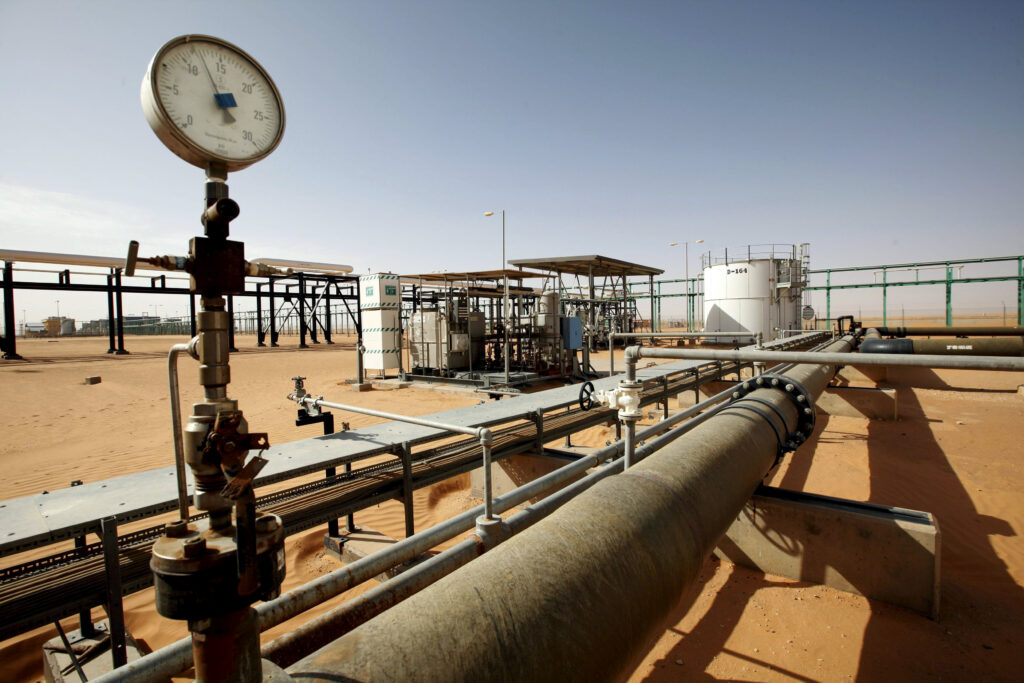
One would be surprised to discover that it is not Asian or European countries that dominate the list of the world’s 20 fastest growing economies, but African countries, many rich with natural commodities.
The International Monetary Fund (IMF) has identified the Ivory Coast, Rwanda, Niger, Senegal and Libya as stand out economies which will register GDP growth of above five per cent in 2024.
These African countries are attracting a lot of investment.
According to the African Development Bank Group in its latest Macroeconomic Performance Outlook (MEO) report released yesterday (February 16), African countries will make-up 11 of the world’s 20 fastest growing economies in 2024.
It is Africa that will be the second fastest growing continent after Asia.
“Growth in Africa’s top -performing economies has benefited from a range of factors, including declining commodity dependence through economic diversification, increasing strategic investment in key growth sectors and rising public and private consumption as well as positive development in key export markets.
“Africa’s economic growth is projected to regain moderate strength as long as the global economy remains resilient, disinflation continues, investment in infrastructure projects remain buoyant and progress is sustained on debt restructuring and fiscal consolidation,” said the African Development Bank’s chief economist and vice-president, Professor Kevin Urama.
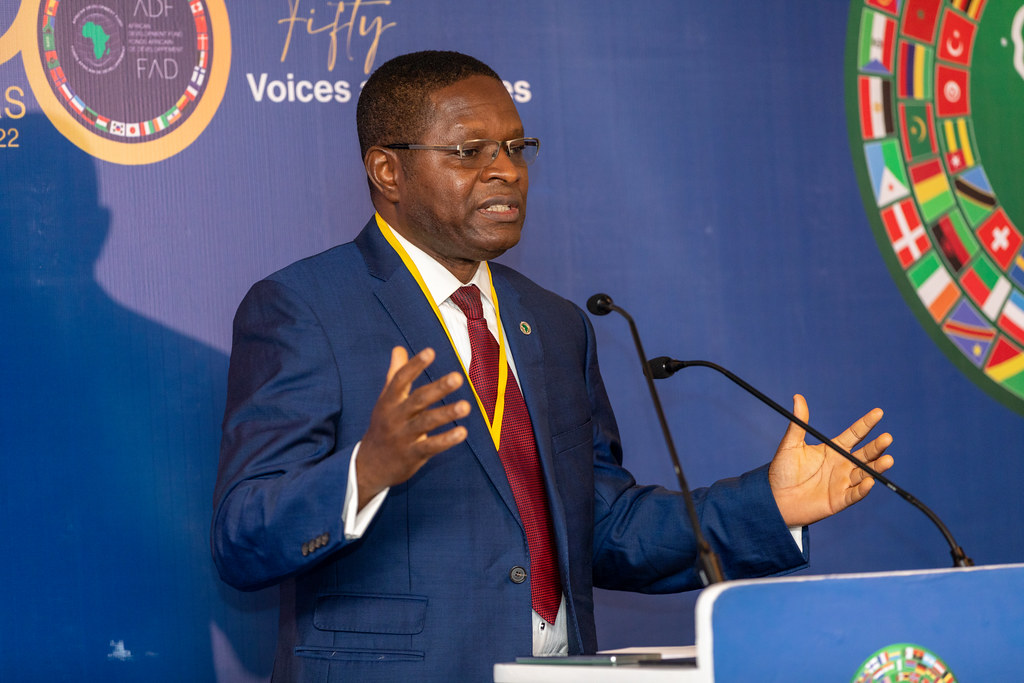
Commissioner for Economic, Development Trade, Tourism, Industry and Minerals at the African Union Commission, Ambassador Albert Muchanga added: “ The future of Africa rests on economic integration. Our small economies are not competitive in the global market. A healthy internal African trade market can ensure value-added and intra-African production of manufactured goods.
SENEGAL
Senegal is expected to grow from 5.3 per cent in 2023 to 8.8 per cent in 2024. Senegal’s GDP growth springs from oil and gas. It has one billion barrels of oil and 120 trillion cubic feet of natural gas.

LIBYA
Libya’s energy sector is red hot and with oil prices on the rise, its economy is expected to grow by 7.5 per cent this year. Libya is looking to diversify its energy offerings.
NIGER
Niger leads African countries with its GDP growth anticipated to be 11 per cent this year. Niger’s agricultural sector has made significant gains and aims to be able to feed its people and reduce imports while keeping an eye on food security.
RWANDA
Rwanda has made efforts to grow its financial sector. Financial sector companies are tapping into increased private consumption. Rwanda also sees opportunities in hospitality and there is a major uptick in hotel construction. Rwanda has placed great emphasis on ICT and building out its 4G LTE network. A lot of ICT professionals are setting up shop there.
Rwanda’s economy is expected to grow by seven per cent this year.

IVORY COAST
Ivory Coast is another hydrocarbon province with significant projects coming on line including development of the Eni Baleine oil and gas field. Ivory Coast’s economy is expected to grow by 6.6 per cent this year .
As many as 41 African countries will have a growth rate of 3.8 per cent this year.
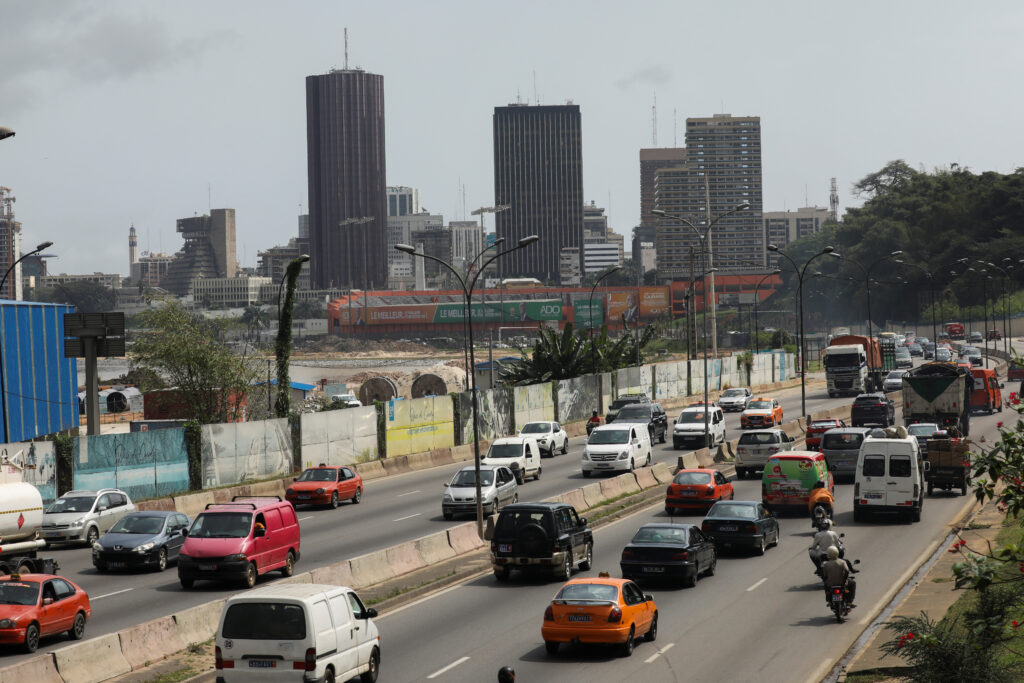
Professor Jeffery Sachs, director of the Center for Sustainable Development at Columbia University, who sometimes appears on CNN, is a bit worried about Africa’s penchant for turning to short-term financing and its reliance on debt financing.
On this matter he had this to say: “Long-term development cannot be based on short-term loans. Loans to Africa should be at least 25 years or longer. Short-term borrowing is dangerous for long-term development. Africa must act as one, in scale…”


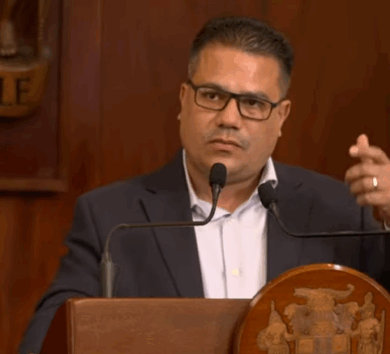
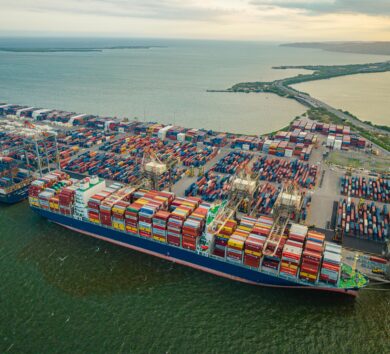



Comments